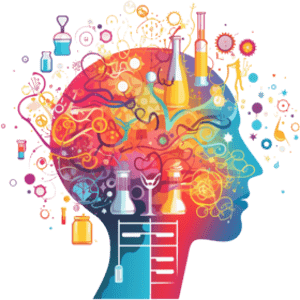

 Behavioral Psychology
Behavioral Psychology
 Cognitive Psychology
Cognitive Psychology
 Developmental Psychology
Developmental Psychology
 Personality Psychology
Personality Psychology
 Social Psychology
Social Psychology
 Biological Psychology
Biological Psychology
 Psychosocial Psychology
Psychosocial Psychology
Behaviorism: Emphasizes the role of environmental factors and learned associations in shaping behavior. Key figures include Pavlov (classical conditioning) and Skinner (operant conditioning).
Social Learning Theory: Suggests that learning occurs through observation, imitation, and modeling, going beyond traditional behaviorism.
Attachment Theory: Explores how early relationships with caregivers impact emotional development and later relationships.
2. Cognitive Theories:Humanistic Psychology: Emphasizes personal growth, self-actualization, and the individual's unique potential.
Self-Theory: Focuses on the individual's understanding and perception of themselves.
4. Psychodynamic Theories:Psychoanalysis: Emphasizes the role of unconscious processes and early childhood experiences in shaping personality and behavior.
Psychodynamics: Explores the dynamic interplay between conscious and unconscious processes.
5. Biological Theories:Evolutionary Psychology: Explores how human behavior and mental processes are shaped by evolutionary pressures.
Neurology and Genetics: Focuses on the biological basis of behavior and mental processes.
Biological Perspective: Examines how brain structure and function, genetics, and other biological factors influence behavior and mental processes.
6. Other Important Areas:Social Psychology Theories: Explore how individuals think, feel, and behave in social contexts.
Developmental Theories: Examine how individuals change and develop across the lifespan.
Motivational Theories: Explore the factors that drive individuals to act and pursue goals.
Personality Theories: Examine individual differences in traits, characteristics, and behaviors.